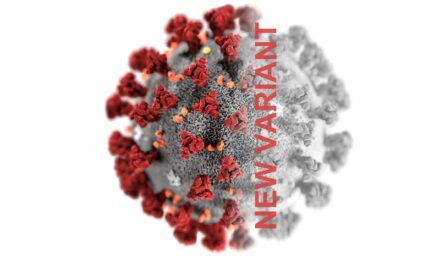Plasma viral antigen can be quantified in early samples obtained from patients hospitalized with COVID-19 and is highly associated with both baseline severity of illness and clinically important patient outcomes, according to a large cross-sectional study conducted in 114 centers in 10 countries confirmed that
The findings are published in Annals of Internal Medicine.
Researchers from the ACTIV3/TICO group studied baseline plasma antigen levels from 2,540 adults hospitalized for acute SARS-CoV-2 infection with 12 days or less of symptoms to assess the association of the antigen level with subsequent short-term prognosis, including day five outcome and time to hospital discharge. From the sample, the researchers also assessed clinical characteristics and viral factors, such as variant type infecting the patient.
The researchers found that SARS-CoV-2 N antigen can be detected in plasma in more than 95% of participants at baseline and is highly associated both with the severity of pulmonary illness at presentation and clinically important outcomes. The higher the antigen level, the greater the risk for pulmonary worsening by day 5 and delayed hospital discharge by day 28, across all levels of severity of illness, and regardless of neutralizing antibody status.
Plasma antigen level was higher among men than women across all severities of illness and was lower in patients with more days in hospital and more exposure to remdesivir at enrollment. Taken together, the authors say these data confirm that plasma antigen is a practical and clinically meaningful biomarker for hospitalized patients with COVID-19 and could be used to design precision medicine clinical trials of anti-viral therapies in hospitalized patients with COVID-19.





